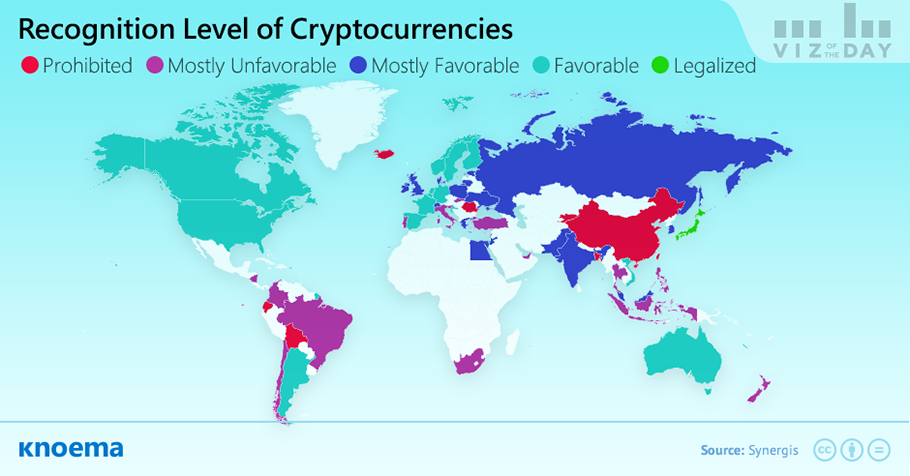بيان الخصوصية وسياسة ملفات تعريف الارتباط الخاصة بنا
يستخدم موقعنا ملفات تعريف الارتباط لتحسين تجربتك على الإنترنت. تم وضعها على جهاز الكمبيوتر الخاص بك عندما قمت بتشغيل هذا الموقع. يمكنك تغيير إعدادات ملفات تعريف الارتباط الشخصية من خلال إعدادات متصفح الإنترنت.
سياسة الخصوصية